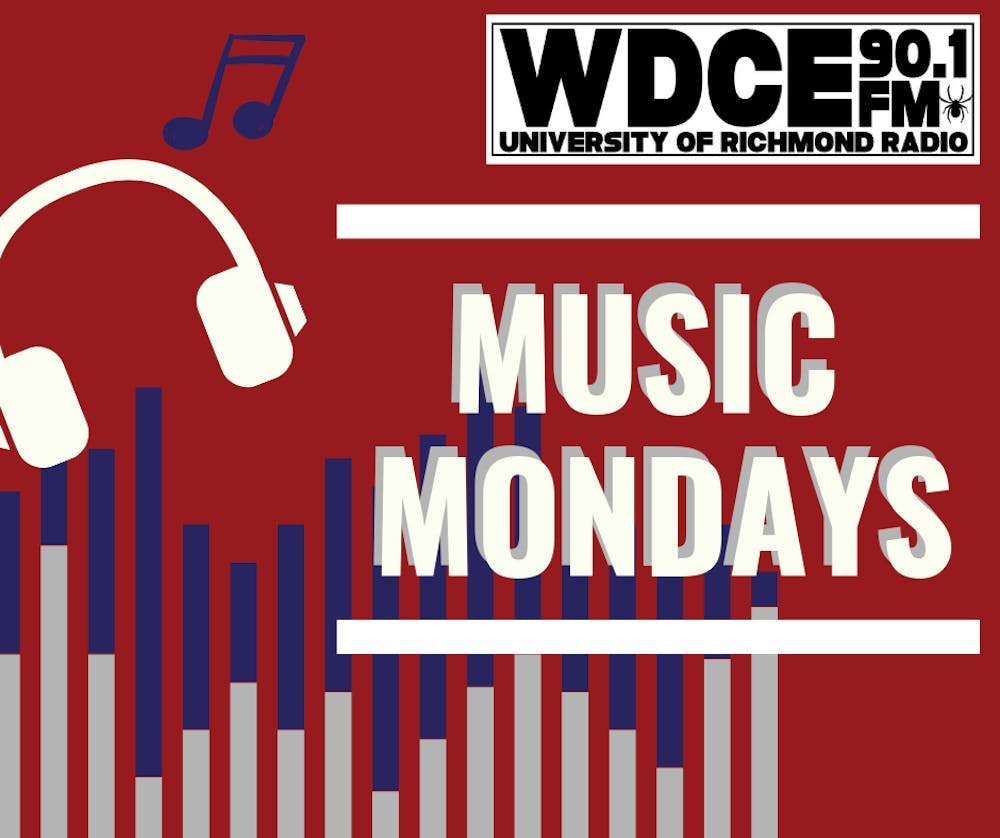Editor’s note: The views and opinions expressed in this article do not reflect those of The Collegian.
While wrestling with the current political climate in America, I have begun to consume more protest music.
I — like most of you — have been subjected to a recent increase in notifications across various news outlets. The urge to look at my phone following a restful night of sleep, only to be burdened with disappointments and bizarre surprises can be frustrating. Instead of getting “sucked in” by the continuous scroll, I have chosen to close my email and pop on a tune from one of my Spotify playlists. My music taste — eclectic some would say: 90s Garage Dad Rock, Frederic Chopin (while I am studying), Granola Indie/Folk music and 60s/70s British Invasion — ranges depending on my mood, nonetheless, I have always had a soft spot for folk and rock protest music.
In the 1940s, Woody Guthrie sang in opposition to fascist powers. Then, Bob Dylan, Joan Baez, Buffalo Springfield and Creedence Clearwater Revival, to name a few, emerged during the folk music revival of the 1960s, which trickled into the 70s. However, the conservative shift in America brought on a new era of protest based music. From the hippie days of folk and acoustic tunes to rock songs in protest to tax cuts on the rich.
A new subgenre, “Heartland Rock,” sang to the lost voices of Blue Collar America in the Midwest and South. During the 70s to 80s, factory and agriculture-based jobs were decreasing; many artists sought to bring light to working-class America. Voices like Bruce Springsteen, one of the pioneers of Heartland Rock, wrote about the convoluted American dream: despite hard work and dedication to one’s profession—only the wealthy achieve prosperity.
Springsteen’s 1984 song, “Born in the U.S.A,” arguably his biggest hit, speaks to the growing economic inequality in America. The song starts with “Born down in a dead man’s town
The first kick I took was when I hit the ground….” The first stanza conveys to the audience the lack of sustainable jobs in America. The speaker, within Springsteen’s song, discusses being drafted into the Vietnam War, then returning to America, and receiving no financial support. In addition, the lyrics in the third stanza : “Sent me off to a foreign land,’ ‘To go and kill the yellow man,” demonstrates the speaker’s distaste with America’s inhumane militarism towards Vietnam. Despite the element of resistance and protest against the United States government, the song has been misconstrued into a national anthem.
“Born in the U.S.A” is often played at MLB (major league baseball) games. It was also played at Reagan’s second inauguration in 1985, and again in 2020 outside the hospital where a Covid-infected Trump resided. The song is anything but a patriotic anthem, yet Americans sing the song with nationalistic pride.
Depending on the listener, music can often have multiple meanings. However, contorting the meaning entirely for one’s convenience is doing a disservice to the artist. I do not believe Springsteen meant for “Born in the U.S.A.” to be sung by wealthy authoritative figures, or, listened to in conjunction with the “Star Spangled Banner” during a sporting event. The artist carefully chose lyrics that would speak to those struggling.
The song’s misrepresentation could reflect the American exceptionalism mindset. With a title like “Born in the U.S.A,” why would the lyrics be anything but positive? Since many people tend to believe the United States has no flaws, red, white and blue have become automatically associated with freedom. My assumption could be accurate, or maybe the catchy chorus throws listeners off? Whatever the reasoning is, the American people need to rethink their interpretation of the song — especially now.
In the United States, our voices are our protest. The freedom we have to speak up against injustice is what makes our government democratic. “Born in the U.S.A.” exemplifies the ability to care about one’s country enough to desire its improvement. By bringing light to the systematic issues within America, we can stay true to democracy. Because, if we chose not to critique corruption, then how are we a free nation?
Contact contributor Sophia Sciulli at sophia.sciulli@richmond.edu
Enjoy what you're reading?
Signup for our newsletter
Support independent student media
You can make a tax-deductible donation by clicking the button below, which takes you to our secure PayPal account. The page is set up to receive contributions in whatever amount you designate. We look forward to using the money we raise to further our mission of providing honest and accurate information to students, faculty, staff, alumni and others in the general public.
Donate Now



